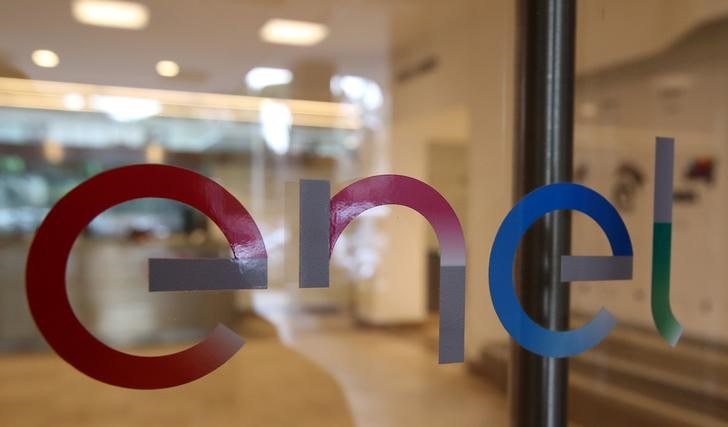By Jonathan Stempel
NEW YORK (Reuters) - Wall Street financier Benjamin Wey persuaded a federal judge to suppress all evidence seized in U.S. government searches of his home and offices, in a setback for prosecutors who charged him with fraud over Chinese "reverse mergers."
U.S. District Judge Alison Nathan said "blanket suppression" was necessary because "sweeping" January 2012 searches of Wey's Manhattan apartment and the offices of his consulting firm, New York Global Group, violated his Fourth Amendment constitutional right against illegal searches and seizures.
In a 92-page decision on Tuesday night, the Manhattan judge said prosecutors failed to show they needed broad warrants because they had probable cause to believe Wey's entire business was a scam.
Items seized included children's school records, divorce records, family photos, medical records, prescription documents, recreational schedules, resumes and X-rays, the judge said.
"This conduct reflects, at least, grossly negligent or reckless disregard of the strictures of the Fourth Amendment," Nathan wrote.
A spokeswoman for Acting U.S. Attorney Joon Kim in Manhattan declined to comment.
Wey's lawyer David Siegal said "it's hard to imagine what other evidence won't be tainted" in the case, given how the searches were conducted early in the probe.
"We're preparing for trial, and the government has some hard decisions to make," he said. A trial is scheduled for Oct. 2.
In reverse mergers, Chinese companies buy U.S. "shell" companies and assume their stock tickers.
This lets them raise money without regulatory reviews typical for newly public companies.
Dozens of reverse mergers occurred nearly a decade ago, but many soured amid questions about accounting and disclosures.
Wey was charged in September 2015 with eight criminal counts including securities fraud, wire fraud and money laundering.
Prosecutors said he secretly controlled large blocks of shares in shell companies that went through reverse mergers, leaving him with big stakes in Nasdaq-listed CleanTech Innovations Inc, Deer Consumer Products Inc and SmartHeat Inc.
Wey then manipulated the companies' stock prices, and sold shares at artificially high levels, prosecutors said.
The defendant pleaded not guilty, and according to his firm's website "never settles false claims."
Nathan had in January refused to dismiss the indictment.

Also charged was Wey's Switzerland-based banker Seref Dogan Erbek, who remains at large.
Wey was also in the news in June 2015, when a federal jury ordered him to pay $18 million to a former employee in a sexual harassment case. The award was later cut to $5.65 million. Wey appealed, and has denied wrongdoing.
The case is U.S. v. Wey, U.S. District Court, Southern District of New York, No. 15-cr-00611.